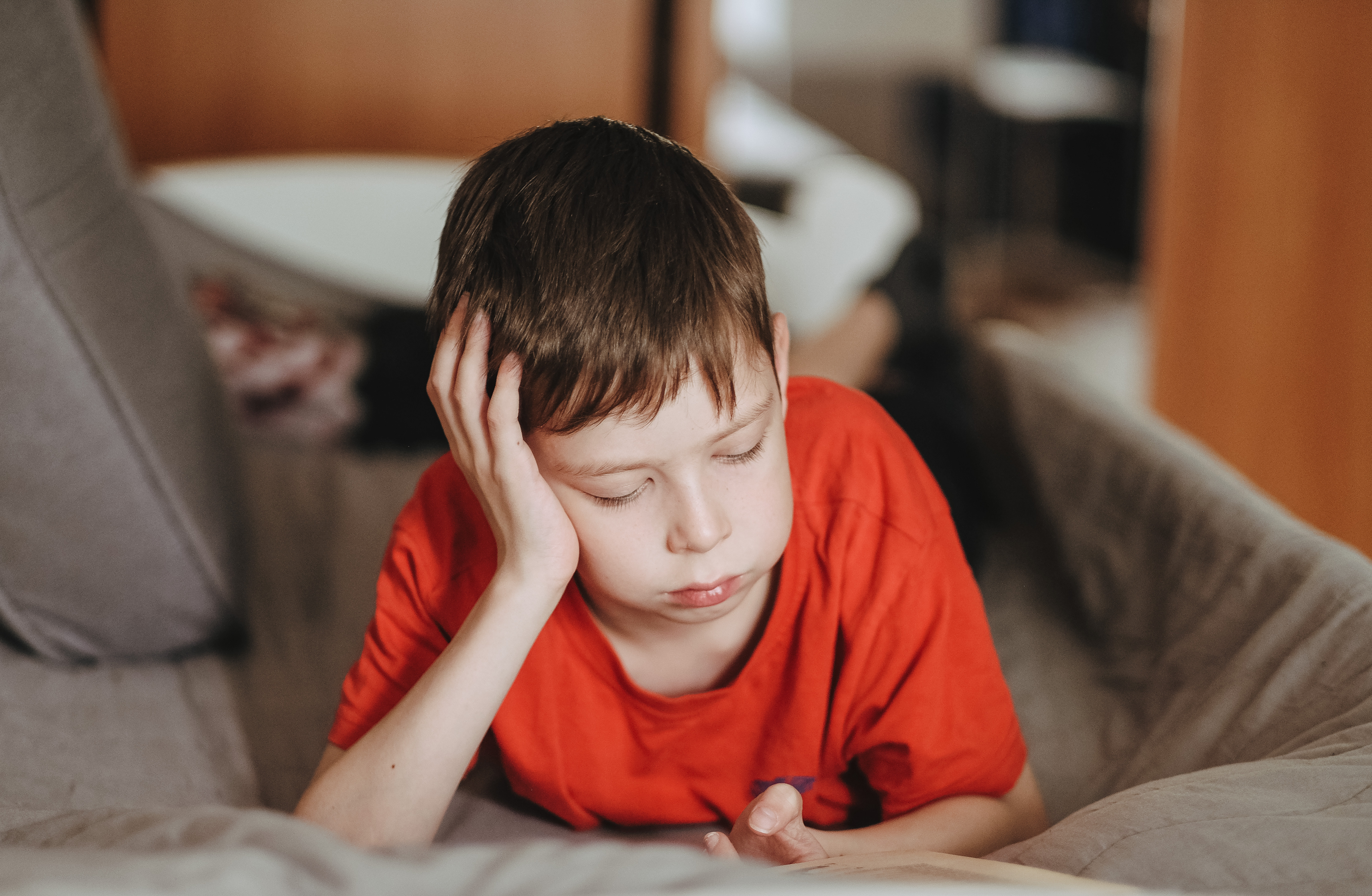20 Natural Sleep-Inducing Habits That Help You Gently Drift Into Dreamland
17. Establish a “Worry Window”

One major barrier to falling asleep is the brain’s tendency to process stress right before bed. Instead of suppressing those thoughts, give them a designated space. Schedule a “worry window” earlier in the evening—15–20 minutes where you write down your concerns, to-dos, or mental clutter. Close the notebook when time’s up. This practice helps “offload” worries so your brain doesn’t bring them to bed with you. Pair it with a short breathing or gratitude exercise to shift your emotional state. It’s like emotional hygiene—clearing your mental space before you enter sleep.
18. Limit Alcohol as a Nightcap

Although alcohol can make you drowsy, it disrupts the deeper stages of sleep and causes frequent nighttime awakenings. It can also interfere with REM sleep and lead to dehydration, both of which reduce sleep quality. If you enjoy a drink, try to consume it at least 3–4 hours before bed—and hydrate with water in between. Better yet, swap your nightcap for a calming herbal tea or a magnesium-rich snack. Prioritizing true rest over temporary sedation helps your body recover more fully and leaves you feeling more refreshed in the morning.
